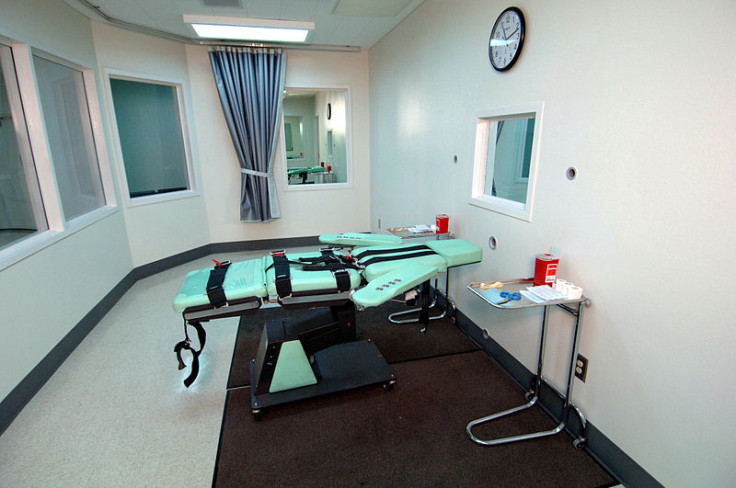One in Every 25 Death Row Inmates is Innocent, Study Finds

One in every 25 inmates on death row in the US would be found innocent if they were given enough time to prove their case, researchers have discovered.
Published in the Proceedings of the National Academy of Sciences, researchers from the University of Michigan Law School in Ann Arbor used statistical models to work out the rate of false convictions.
"The rate of erroneous conviction of innocent criminal defendants is often described as not merely unknown but unknowable," the authors wrote. "We use survival analysis to model this effect, and estimate that if all death-sentenced defendants remained under sentence of death indefinitely at least 4.1% would be exonerated.
"We conclude that this is a conservative estimate of the proportion of false conviction among death sentences in the United States."
In total, 43 people on death row were executed in the US last year. According to the study, this means two people were wrongfully killed for crimes they did not commit – the authors estimate that a wrongful conviction rate of 4.1% is conservative.

The authors note that while many false convictions never come to light, a tiny minority where convicts are sentenced to death often do. "This makes it possible to use data on death row exonerations to estimate the overall rate of false conviction among death sentences," the study said.
"The high rate of exoneration among death-sentenced defendants appears to be driven by the threat of execution, but most death-sentenced defendants are removed from death row and resentenced to life imprisonment, after which the likelihood of exoneration drops sharply.
Lead author Samuel Gross found that less than 0.1% of prison terms are death sentences, yet they account for 12% of exonerations. Their desperation means lawyers and courts work harder to definitively establish guilt or innocence, Nature magazine reports.
Researchers found that the longer a person remained on death row, the higher the chance of exoneration.
They also said the shorter the amount of time a prisoner spends in jail before their execution, the more likely they would be to eventually be found guilty, because there is less time for subtle pieces of evidence to emerge.
© Copyright IBTimes 2025. All rights reserved.






















